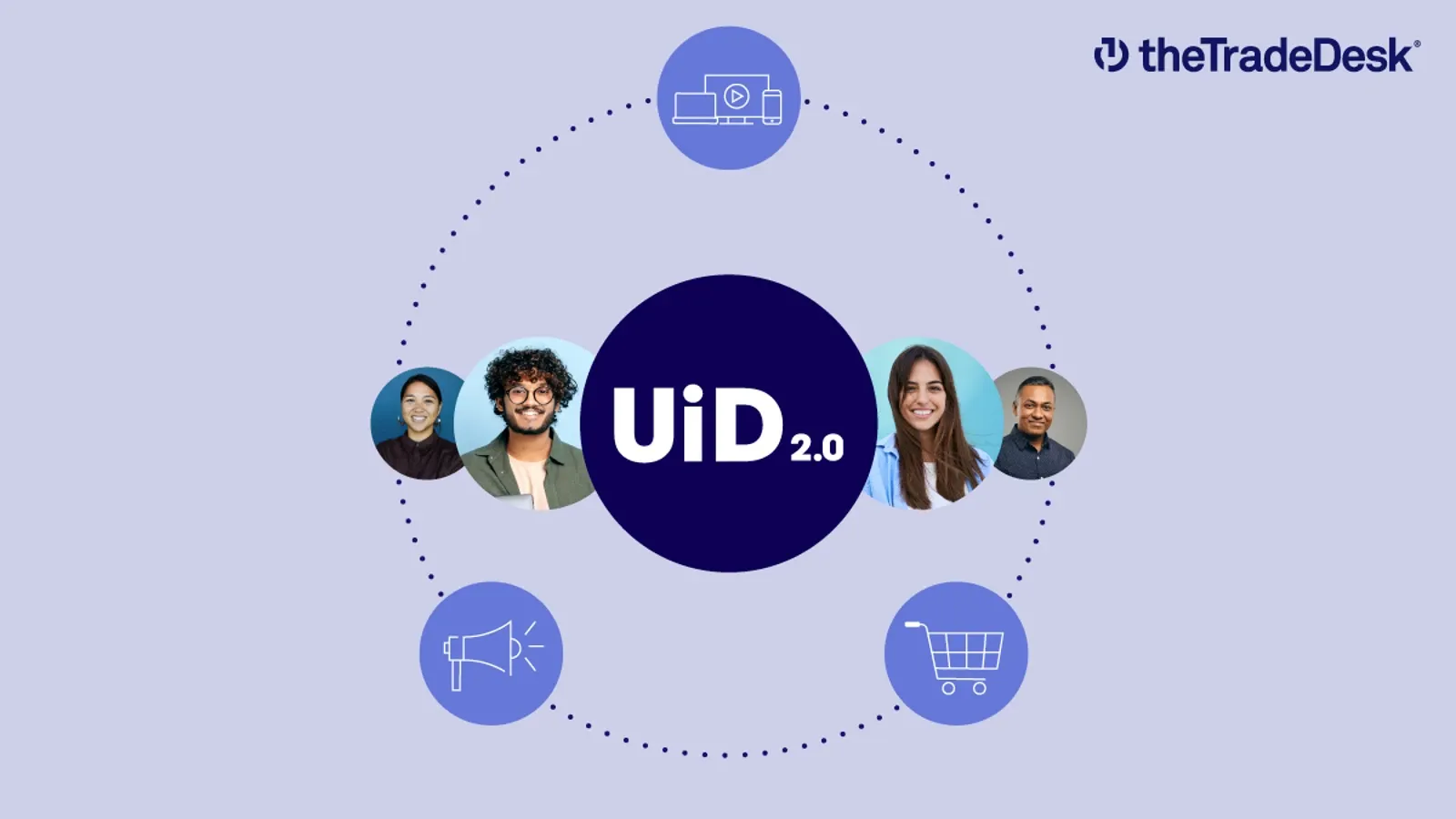LG Ad Solutions embraces Unified ID 2.0
Developed by The Trade Desk, UID2 is an identifier designed to function within the evolving identity landscape of the open internet.

LG Ad Solutions today announced its adoption of Unified ID 2.0 (UID2). This move signifies a significant development for advertisers seeking to leverage their own customer data for targeted advertising on LG's expansive audience network, all while prioritizing user privacy.
For years, advertisers have relied heavily on third-party cookies, small data packets placed on users' browsers by websites they visit. These cookies track user behavior across the web, allowing advertisers to build detailed profiles and target ads with high precision. However, growing privacy concerns and stricter regulations like GDPR (General Data Protection Regulation) have led to the decline of third-party cookies. Major web browsers like Safari and Firefox have already blocked them, and Google has announced a phase-out within Chrome.
What is Unified ID 2.0
Developed by The Trade Desk, UID2 is an identifier designed to function within the evolving identity landscape of the open internet. Unlike third-party cookies, UID2 is a privacy-centric solution. According to The Trade Desk, it leverages hashed email addresses or phone numbers to create a unique identifier for each user. This identifier is persistent across platforms and devices, allowing for targeted advertising, but anonymized to maintain user privacy.
Benefits for advertisers and consumers
The integration of UID2 by LG Ad Solutions presents several advantages for advertisers:
- Enhanced Targeting with First-Party Data: Advertisers can now leverage their own valuable first-party data, such as customer purchase history and website behavior, to create highly targeted advertising campaigns on LG's CTV platform. This allows for more relevant ad placements, potentially leading to higher conversion rates and improved return on ad spend (ROAS).
- Privacy-Compliant Advertising: UID2 adheres to evolving privacy regulations, ensuring advertisers can continue to reach their target audiences without compromising user privacy. This fosters trust and strengthens the advertising ecosystem.
For consumers, UID2 offers a potential improvement in the quality of advertising they encounter. By allowing for more relevant ad placements, users are less likely to be bombarded with irrelevant ads, enhancing their overall digital experience.
Impact on the Advertising Landscape
The adoption of UID2 by LG Ad Solutions is a significant step towards a more privacy-focused advertising future. As third-party cookies become obsolete, solutions like UID2 will likely play a crucial role in enabling effective targeted advertising. This shift is expected to encourage collaboration between advertisers, publishers, and technology providers to develop a robust and privacy-compliant identity infrastructure for the open web.
However, the effectiveness of UID2 and similar solutions remains to be fully established. Widespread adoption across the industry and ongoing development will be crucial for its success. Additionally, data privacy regulations are constantly evolving, and it will be essential for UID2 to adapt and comply with future regulations.
Key takeaways for marketers
The LG Ad Solutions announcement highlights several key takeaways for marketing professionals:
- The Importance of First-Party Data: As third-party cookies fade away, marketers should prioritize collecting and utilizing their own customer data for advertising campaigns. Building strong customer relationships and acquiring high-quality first-party data will be critical for success in the evolving advertising landscape.
- Privacy-First Approach: With growing consumer privacy concerns and stricter regulations, marketers must prioritize a privacy-first approach. Understanding and complying with data privacy regulations is essential to avoid penalties and maintain consumer trust.
- Collaboration and Innovation: The future of advertising will likely involve collaboration between different stakeholders in the industry. Marketers should stay informed about evolving solutions like UID2 and adapt their strategies accordingly.

